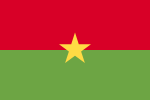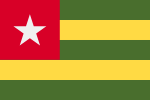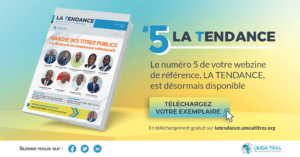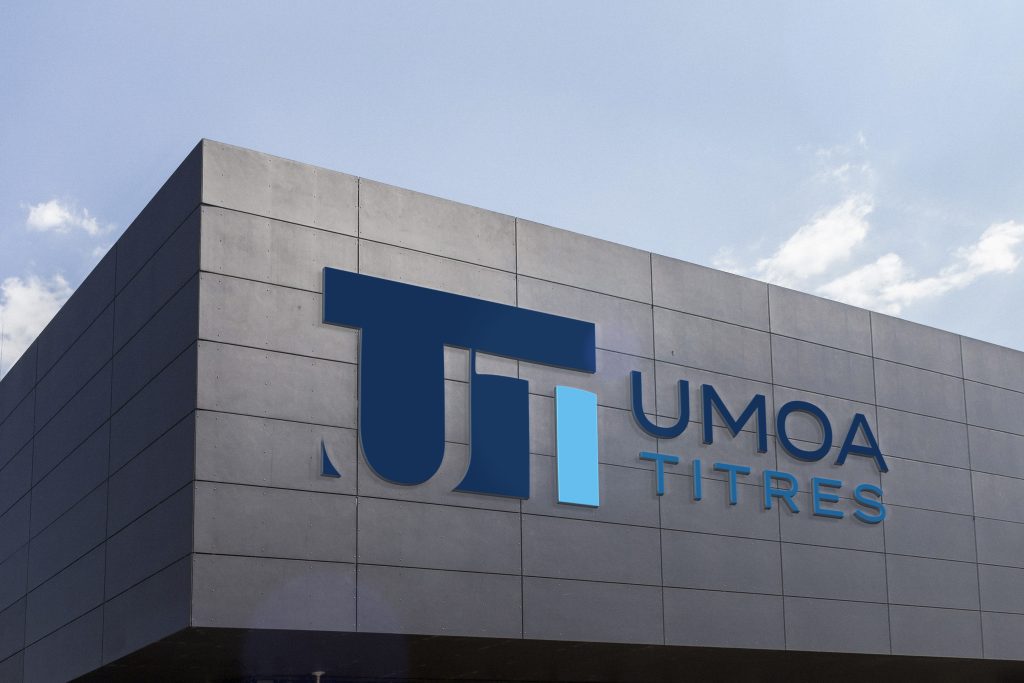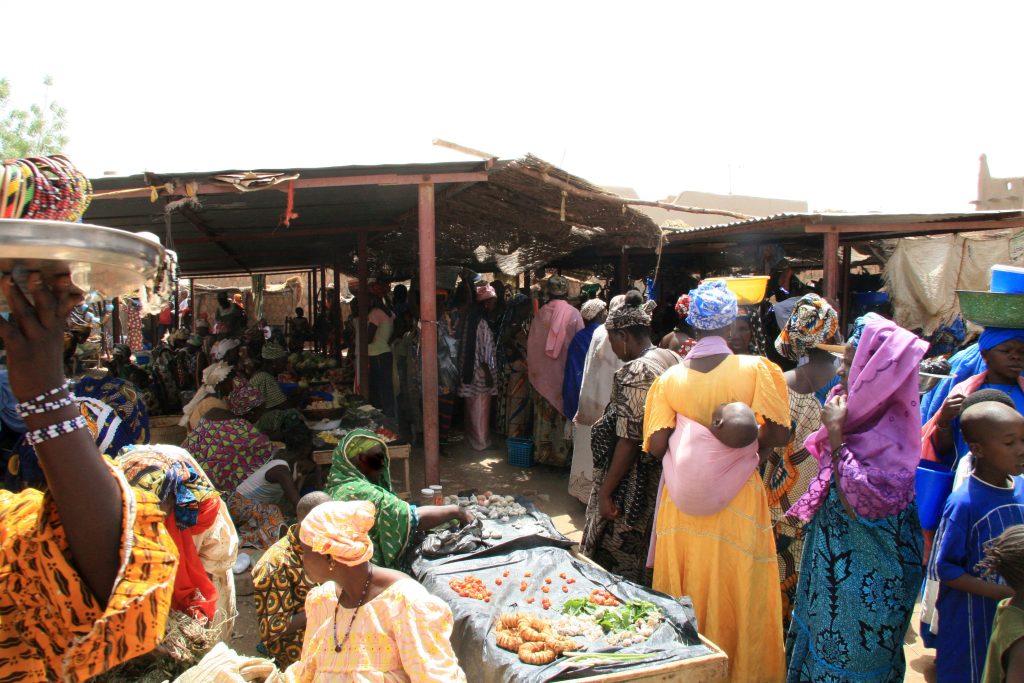Pathé DIONE, Chairman and CEO of SUNU GROUP
“There is no need for new reforms; what we need are limitation rules and improvement of rates”
Pathé Dione, Chairman and CEO of SUNU Group analyzes the contribution of insurance companies in raising financial resources necessary for the implementation of post COVID-19 economic recovery plans of WAEMU member countries. He also takes a look at the current functioning of the WAEMU Government Securities Market and makes recommendations for a better collection of savings by insurance companies and, in turn, a stronger participation of insurers in securities issuance?
The world is facing a historic pandemic with devastating consequences on the populations and economies of our countries. In this context, we would naturally like to know how the insurance sector is faring in general and more particularly in Africa and within the WAEMU area?
The COVID-19 pandemic has disrupted the world’s economies, albeit to varying degrees. According to International institutions, it is too early to assess the full impact. Some economies, such as China and the United States, are showing greater resilience than others. In industrialized countries, insurance coverage for business interruption following lockdowns has been the subject of serious litigation.
African economies have been hard hit. Economic growth rates have fallen dramatically (Côte d’Ivoire, Senegal, Nigeria, Ghana, etc.) but have not collapsed.
The insurance sector has been able to resist because insurers face fewer problems. In the WAEMU area, turnover has not dropped and the loss ratio is contained, even if our Federation of Insurance Companies, FANAF, does not yet have all the figures for the year ending December 31, 2020.
In Côte d’Ivoire, the leading market in the CIMA zone, despite the COVID-19 pandemic, the growth rate of the insurance market’s turnover in 2020 is 6%, including 8.6% for the Life and 4% for the Non-Life branches for a total amount of XOF 415 billion, of which 232 billion (56%) are for Property and 183 billion (44%) for the Life branch. In 2019, the Ivorian market managed XOF 895 billion in assets, of which just over XOF 200 billion was invested in government securities.
As part of the pandemic mitigation efforts, several WAEMU States have drawn up economic recovery plans that require the raising of significant financial resources on the Government Securities Market. How do you see the contribution of the insurance sector and more particularly the contribution of the SUNU Group in such resource mobilization effort?
WAEMU countries have set up ambitious recovery plans. Côte d’Ivoire and Senegal, the leading countries in the zone, are blazing the trail. These two countries had growth rates close to 8% and had to strongly support their economies. The Central Bank of West African States (BCEAO) also took support measures with an accommodating interest rate policy.
The insurance sector continues to play its role in financing our economies, but we do not have considerable resources, given the low insurance coverage in our countries.
In the banking sector, BCEAO intervened right from the pandemic’s onset to support economic players and protect them from a significant liquidity crisis by postponing repayment deadlines, opening additional financing lines, etc.
In all the countries where SUNU Group operates, it has contributed to equipping health personnel with protective materials (masks, hand sanitizer gel, gloves, etc.). In addition, it has made direct purchases of protective materials and handed them over to public authorities.
Insurers have also made tariff arrangements to reduce premiums due to lockdown as a result of the decline in traffic accidents and reduced economic activity.
The CIMA Code requires insurance companies to hold a minimum of 15% of government bonds of the total amount of their commitments in representation of regulated commitments. In your opinion, what are the challenges in complying with this minimum, despite the existing possibilities on the liquidity of the said securities (various liquidity contracts with banks)?
I would rather say that the CIMA code allows insurance companies to hold government bonds but with limitations that are complemented by a rule of dispersion between bonds, shares, real estate and other loans. And as you know, an insurer is keen on having safe, liquid and profitable investments. The fact that in WAEMU, there is no equal tax treatment between residents and non-residents hinders the subscription of this type of coverage. Moreover, the secondary market is not very developed, despite the liquidity contracts you mentioned.
Today, just over 90% of the outstanding amount of government securities issued through auctions is held by banks. What reforms do you think are critical to increase the participation of institutional investors and especially insurance companies and pension funds on the local securities market?
The rules of dispersion and limitation do not apply to banks as they are not institutional investors. Moreover, the situation you describe perfectly illustrates the woes of WAEMU economies. Bank spending on government securities does not finance the private sector.
There is no need for new reforms; what we need are limitation rules and improvement of rates especially for treasury bills.
As institutional investors, we are keen on bond issues because interest rates offered enable us to meet our contractual commitments to investors and policyholders.
In my point of view, the variability of interest rates and the bidding process makes treasury bills cumbersome.
UMOA-Titres is a dynamic institution that does remarkable work, but banks remain the primary beneficiaries. We are aware that UMOA-Titres’ goal is to comply with the will of each Treasury Directorate of the issuing country.
One of the challenges facing the Government Securities Market is the development of the secondary market and its corollary linked to the distribution of government securities. Does the SUNU Group plan to make asset management a development priority like AXA IM?
It would be presumptuous of us to imitate AXA IM. The environment is not the same; the range of assets available to AXA IM on its market and on the international financial markets is in no way comparable to what happens here. First, because we are barred from investing outside the CIMA zone, even on other African financial markets, unless all our regulated commitments are covered by financial investments from our zone.
The SUNU Group has plans to create an asset management agency, and it will happen in due course.
Do you have any recommendations to make, in light of technological innovations, for better collection of savings by insurance companies and, in turn, greater participation of insurers in public securities issues?
Again, we cannot invest institutional savings in excess of what our regulator authorizes. We expect more financial instruments on the WAEMU and CEMAC financial markets. Our group is also on many other markets: Nigeria, Ghana, DRC, and Guinea.
Over the past thirty years, there has been significant progress and thanks to technological advances things are moving in the right direction. We have faith in the future of our continent.





